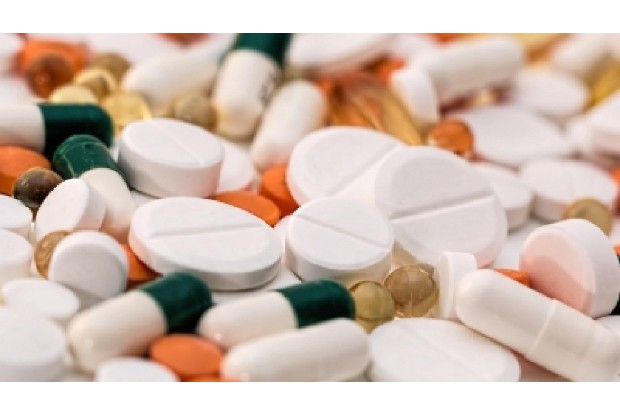Pfizer on Tuesday announced that the final analysis of Paxlovid, its antiviral pill against Covid, has shown it to be 89 per cent effective in reducing hospitalisation or death in high-risk patients.
The findings confirm the interim results, announced last month, based on an analysis of 1,200 people. The final results evaluated data from 2,246 adults who were enrolled by November 4.
The US drugmaker added that its recent lab data suggests that Paxlovid retains its effectiveness against the hyper-mutated Omicron variant.
In the study, each patient was randomised to receive Paxlovid or placebo orally every 12 hours for five days. None of the participants in the trial who received the Pfizer treatment died, compared with 12 deaths among placebo recipients.
“This news provides further corroboration that our oral antiviral candidate, if authorised or approved, could have a meaningful impact on the lives of many, as the data further support the efficacy of Paxlovid in reducing hospitalisation and death and show a substantial decrease in viral load. This underscores the treatment candidate’s potential to save the lives of patients around the world,” said Albert Bourla, Chairman and Chief Executive Officer, Pfizer.
“Emerging variants of concern, like Omicron, have exacerbated the need for accessible treatment options for those who contract the virus, and we are confident that, if authorised or approved, this potential treatment could be a critical tool to help quell the pandemic,” he added.
Pfizer also released early data from a second clinical trial showing that the treatment reduced hospitalisations by around 70 per cent in around 600 standard-risk adults.
The company expects authorisation for use in high-risk individuals from the US Food and Drug Administration and other regulatory agencies soon.
A full course of Pfizer’s treatment is three pills taken twice daily for five days. Two of the pills are an experimental antiviral called nirmatrelvir, the third pill is an existing HIV drug called ritonavir.
Nirmatrelvir is designed to block the activity of an enzyme that the coronavirus needs to replicate. Co-administration with a low dose of ritonavir helps slow the metabolism, or breakdown, of nirmatrelvir in order for it to remain active in the body for longer periods of time at higher concentrations to help combat the virus, the company said.
Nirmatrelvir has shown consistent in vitro antiviral activity against the previously identified variants of concerns (i.e., Alpha, Beta, Delta, Gamma, Lambda, and Mu). In addition, nirmatrelvir potently inhibited the enzyme associated with Omicron in an in vitro biochemical assay, the company said.
“This indicates nirmatrelvir’s potential to maintain robust antiviral activity against Omicron. Additional in vitro antiviral studies with this variant are underway,” it added.
If authorised or approved, Paxlovid will be administered at a dose of 300 mg (two 150 mg tablets) of nirmatrelvir with one 100 mg tablet of ritonavir, given twice daily for five days.
One box contains five blister packs of Paxlovid, as co-packaged nirmatrelvir tablets with ritonavir tablets, providing all required doses for a full five-day treatment course.























